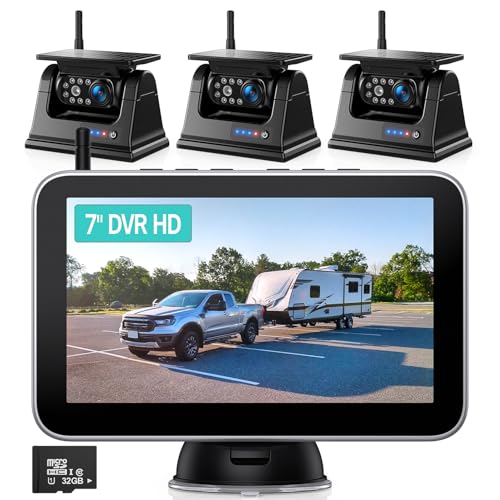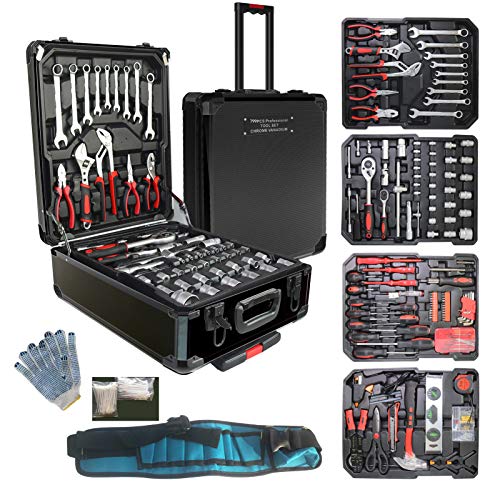broken ed
Well-known member
- Joined
- Jan 5, 2018
- Messages
- 135
- Reaction score
- 4
A Class B is also a commercial driver license. Like many threads on this website, it's off topic. Working in the past for DPS (Department of Public Safety) Any straight bus (a bus that does not bend in the middle) requires a Class B licenses with a P (passenger) endorsement and Air-brake if so equipped. Special note: Air-brake is an additional written test and is included on a Class A or B unless the license states no air-brake; this because the licensee did not take or pass the air-brake test. Operation of all commercial vehicles also requires a DOT (Department of Transportation) Physical. Although many people (including those that post on this website) believes this occurs every two years, this is not the case. Two years is the maximum for a DOT Physical, however based on your health they can be yearly, every six months or not at all if you fail.
This applies weather or not the bus has passengers. In addition the railroad crossing rule applies (stopping before all crossings, opening the door, looking and listening for oncoming trains before proceeding), again even if there are no passengers.
A state cannot require you to have additional endorsements, drivers license, registration, inspection or insurance then that of your home state. This includes if your home state has changed the designation of a vehicle, including if a bus is now an RV (recreational vehicle). Commercial vehicles that travel for Interstate Commerce are also regulated under the ICC (Interstate Commerce Commission).
As entertaining as this thread is; it, and you tube and of course my words are no defense. The best advice here was for you to check with the authorities in your state.
This applies weather or not the bus has passengers. In addition the railroad crossing rule applies (stopping before all crossings, opening the door, looking and listening for oncoming trains before proceeding), again even if there are no passengers.
A state cannot require you to have additional endorsements, drivers license, registration, inspection or insurance then that of your home state. This includes if your home state has changed the designation of a vehicle, including if a bus is now an RV (recreational vehicle). Commercial vehicles that travel for Interstate Commerce are also regulated under the ICC (Interstate Commerce Commission).
As entertaining as this thread is; it, and you tube and of course my words are no defense. The best advice here was for you to check with the authorities in your state.










































































